As a consumer, I always assumed organic farming would be better in every way. Now that we are farmers, I’ve learned so much more. I've come to realize the ideal answer is more nuanced and worth digging into.
Medication and Organic Meats
The conventional farmer would argue that organic production, which doesn't allows ANY antibiotic or other medication, isn't good for the animals or the consumer. After all, if your pet or child got pink eye, would you really let the disease take its course? Or would you give them the medication needed to heal properly?
We have heard too many stories of certified organic meat coming from very sick animals who should have been treated, yet those organic farmers routinely withhold treatment because they'd lose their certification.
This happens, in part, because a lot of organic meat is raised in factory style farms just like conventional meat. Often, the only difference between conventional factory farmed eggs and organic factory farmed eggs is that the organic hens get to eat organic grains without access to antibiotics or other medication... even if needed.
This is where the conventional farmers have a point. Organic isn't necessarily better in every way. Sad, but true.
Grains
Conventional

While it is true that there are some regulations for conventional grains, they are woefully inadequate. Also, if the grain used to feed the animals is from other parts of the world, there is practically zero oversight. In some countries they even apply mercury to the stored grains to prevent infestation!
To prevent pests from destroying the crop, conventional grains are usually fumigated with pesticides - most often the highly toxic aluminum phosphide. There are a wide range of organic and non-toxic alternatives, but fumigation is considered one of the most effective . OSHA warns us how dangerous these chemicals are for the workers.
Rodent studies show that eating grains with residual levels of this fumigant isn't directly observable. However, at higher exposure there were significant health impacts, including reproductive issues. In humans, acute exposure causes a range concerning symptoms.
We think it is a bad idea to eat conventional wheat (or really any conventional grain) for this reason alone. Would the average consumer buy conventional bread if they knew that the food industry was covering the wheat with toxic chemicals AFTER harvest?

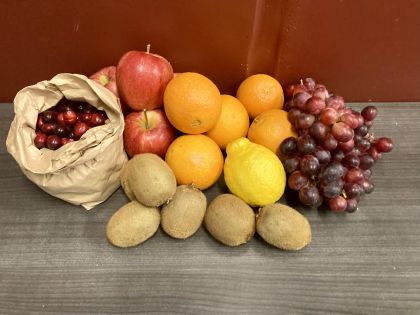

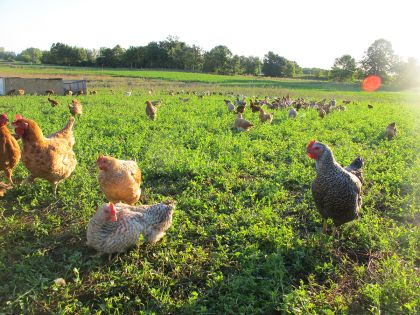
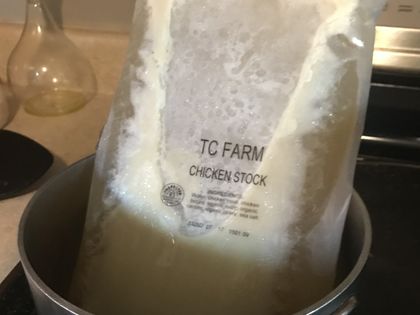
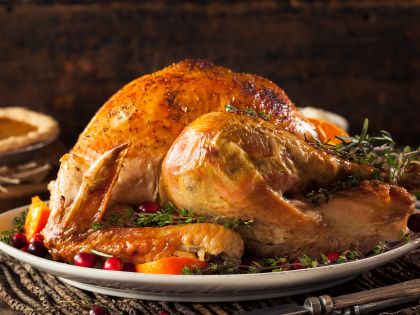
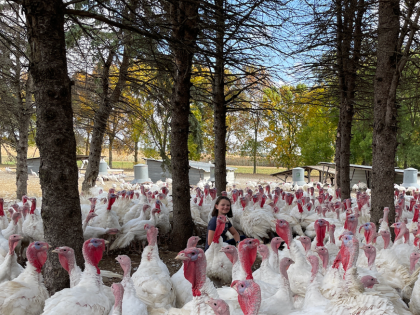
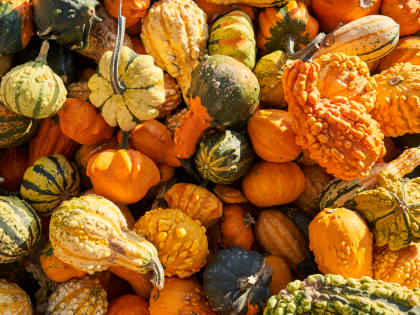
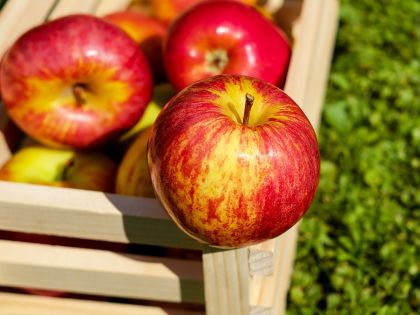

Comments (0)
Add a Comment
Add a Comment